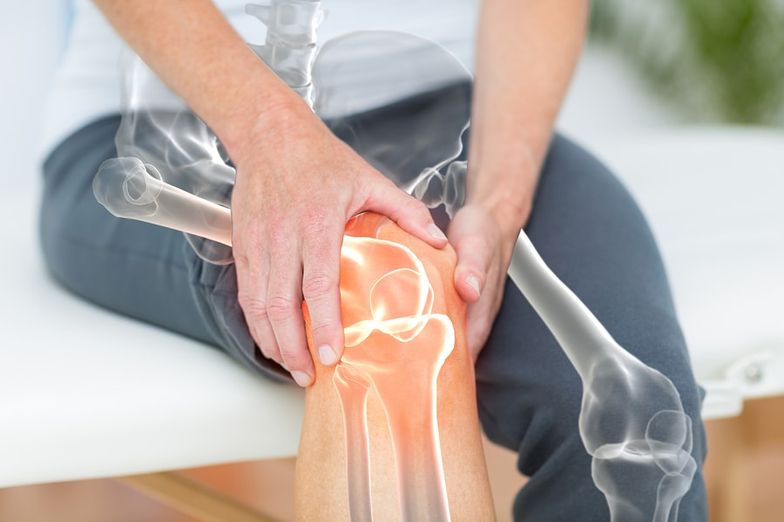Nature Knows and Psionic Success
God provides
7 Natural Supplements & Herbs to Lower Inflammation

7 Natural Ways to Lower Inflammation There are many natural ways to lower inflammation and pain in the body. Some of these work in similar ways to the drug prednisone, but shouldn’t be used as an alternative if your doctor prescribes prednisone. This list is not comprehensive, but it’s a breakdown of the top natural anti-inflammatories. Boswellia , also known as frankincense, is an extract taken from the Boswellia serrata tree. It reduces inflammation by blocking 5-lipoxygenase, similar to corticosteroids. Boswellia has been used in traditional medicine to treat a wide range of disease that include chronic inflammation [ 1 , 2 ]. In a meta-analysis of 260 patients with rheumatoid arthritis, 400 mg of boswellia extract reduced swelling, pain, and stiffness. Patients were also able to reduce painkiller (NSAIDs) intake and required fewer emergency treatments [ 3 ]. In 102 patients with Crohn’s disease, 400 mg of boswellia extract was comparable to the standard treatment for IBD (mesalazine) [ 2 ]. 70% of patients with asthma showed improvement when taking 300 mg boswellia extract, compared to only 27% in the placebo group [ 4 ]. Boswellia is available as a capsule, tablet, or its bark decoction orally [ 5 ]. Boswellia (frankincense) is a tree raisin that naturally reduces inflammation. It can help with rheumatoid arthritis, IBD, asthma, and other inflammatory conditions. Cat’s claw ( Uncaria tomentosa ) is a vine found in tropical areas of South and Central America. It reduces inflammation similar to prednisone (by inhibiting NF-kB ) and blocks other inflammatory compounds ( TNF-alpha and IL-1alpha, IL-1beta , IL-17 , and IL-4 ) [ 6 , 7 , 8 ]. In a study of 45 patients with osteoarthritis, cat’s claw reduced pain with no significant side effects [ 9 ]. It decreased inflammation and pain […]
Click here to view full article
